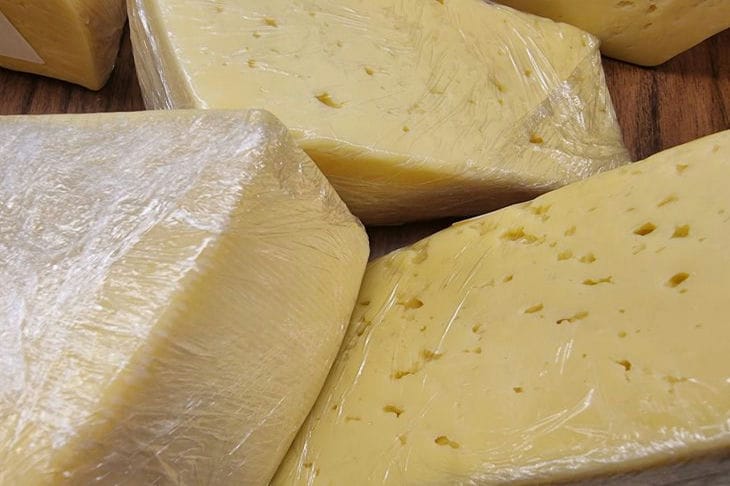Unexpected enemies of iron: what you shouldn't eat with meat and vegetables
Iron is responsible for transporting oxygen between cells and is important for the proper functioning of metabolism.
This is a type of mineral that cannot be missing from food in any way.
Deficiency of this nutrient in the body can even cause symptoms such as fatigue, weakness, shortness of breath, and in more serious cases, anemia. Therefore, it is very important to be careful in your diet.
Here are 4 foods that reduce iron absorption (and should be avoided at certain times), plus tips for improving your intake of this nutrient in your daily life.
What foods reduce iron absorption
First of all, it is important to emphasize that some nutrients, when consumed in excess or taken together, can interfere with the action of others in the body.

Calcium, for example, is a mineral that tends to inhibit iron absorption.
This is because the two nutrients have similar properties and working processes, so they end up interfering when combined.
Therefore, to ensure good absorption of iron in the body, the main advice is to avoid calcium-rich foods during meals.
Milk
Since it contains a large amount of calcium, milk should be avoided during lunch or dinner - at these times, it is usually beneficial to eat meat, leafy vegetables and legumes (the main sources of iron).
Ideally, you should avoid consuming milk and dairy products only a few hours after or before your main meals.
Yogurt
Because yogurt is a milk derivative and contains high amounts of calcium, it is another food that can interfere with the body's absorption of iron.
Although it is rich in vitamins, minerals and helps the intestines work, it is advisable to consume this ingredient in the morning or afternoon (with a long break of several hours between lunch and dinner).
Cheese
In addition to the fact that cheese is a dairy product, it stands out because it is a fattier food, which means it increases cholesterol levels in the body and reduces the ability to absorb iron and other nutrients.
Therefore, in addition to eating these foods at different times away from main meals, it is also recommended to always give preference to lighter options.
Coffee
Did you know that drinks with a lot of caffeine can also interfere with the absorption of iron in the body? Because of this, it is not recommended to drink coffee, mate tea, black tea, green tea and others before or after meals.
It is worth noting that caffeine, when consumed in excess, tends to disrupt other nutrients (such as vitamin C) and impair the functioning of the body as a whole. Pay attention to your diet.
How to Increase Iron Absorption
To permanently improve iron absorption, the most important thing is to consult with your nutritionist to ensure you are eating a balanced diet.
Finally, in cases of more severe anemia or other nutritional deficiencies, follow-up care with a physician is necessary.
However, to help the iron absorption process, you can follow some helpful tips on your own.
In addition to seeking a more nutrient-rich diet - with organ meats, red meat, grains, dark green leaves, legumes and more - increasing your daily vitamin C intake has also been shown.
For those who don't know, vitamin C, because it has a more acidic pH, directly aids in the body's absorption of iron.
Therefore, it is highly recommended to consume citrus fruits such as lemon, orange, pineapple, acerola or even cabbage and broccoli (antioxidant-rich vegetables) along with iron-rich foods.
A good tip would be to prepare natural juices from these fruits to consume during meals.
In this way, the absorption of iron by the body can be significantly enhanced.
